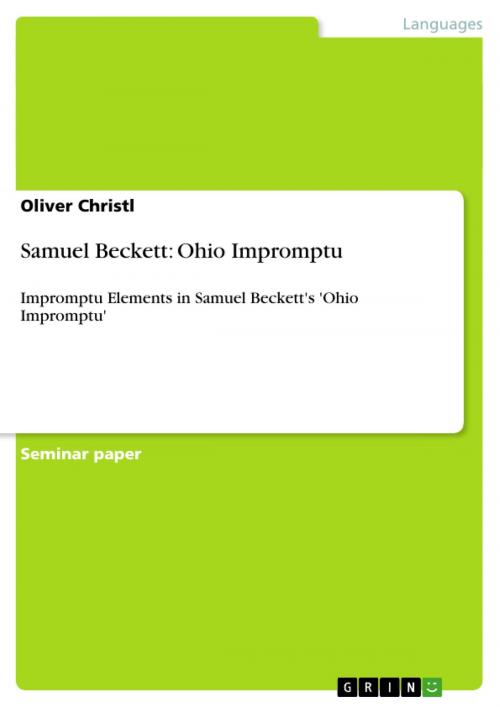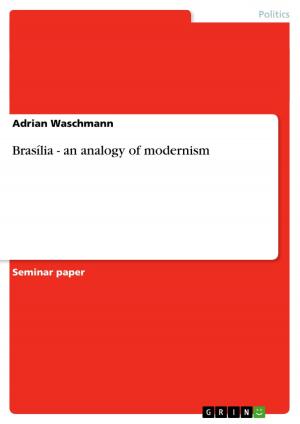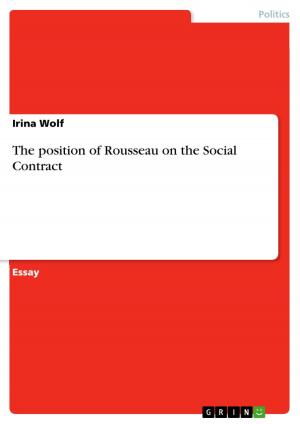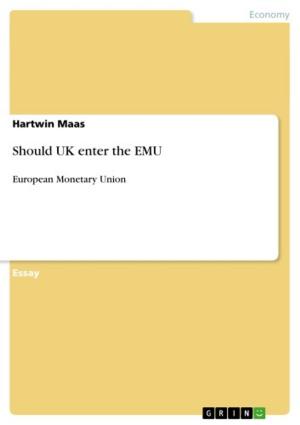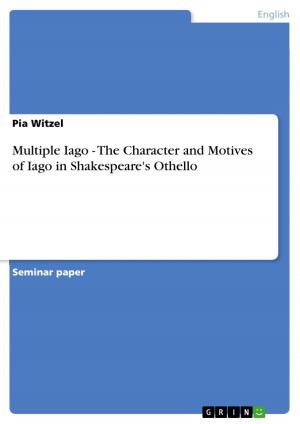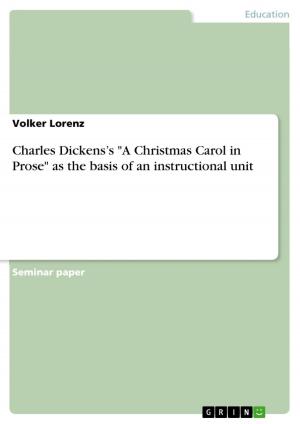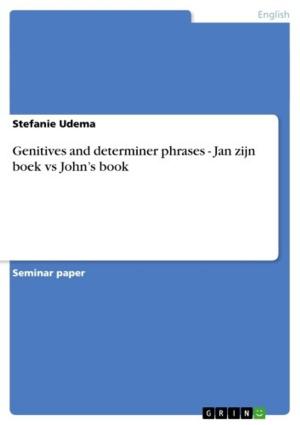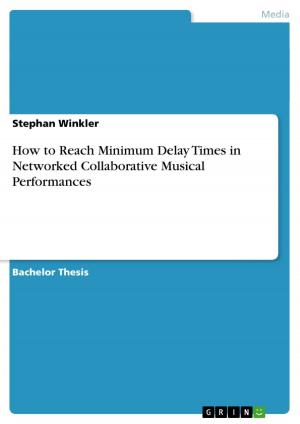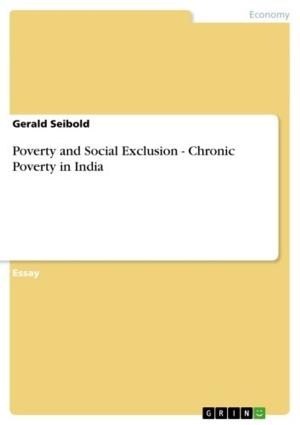Samuel Beckett: Ohio Impromptu
Impromptu Elements in Samuel Beckett's 'Ohio Impromptu'
Fiction & Literature, Literary Theory & Criticism, British| Author: | Oliver Christl | ISBN: | 9783640495801 |
| Publisher: | GRIN Publishing | Publication: | December 17, 2009 |
| Imprint: | GRIN Publishing | Language: | English |
| Author: | Oliver Christl |
| ISBN: | 9783640495801 |
| Publisher: | GRIN Publishing |
| Publication: | December 17, 2009 |
| Imprint: | GRIN Publishing |
| Language: | English |
Seminar paper from the year 2005 in the subject English - Literature, Works, grade: 2, 0, University of Freiburg, language: English, abstract: Ohio Impromptu, first performed at Ohio State University in 1981, is one of Samuel Beckett's last Plays. In the late period of his creative activity, Beckett's plays are dominated by a language taken out of the context and set free from dramatic action. Ohio Impromptu is in this way no exception, but it stands out among other late plays, like A Peace of Monologue or Rockaby, because of a special characteristic: as the title suggests, Beckett seems to provide us with the dramatic form of an impromptu. Being originally a term in music theory, impromptu means a composition which is improvised and composed without previous preparation (cf. Shaw 1972: 199). The scholar Enoch Brater points out, that '[a]s a theatrical form, an impromptu should appear light, improvised, almost extemporaneous, even if these effects are achieved through premeditation' (Brater 1987: 127). In his essay on Ohio Impromptu, Xerxes Mehta gives a more precise definition: 'An impromptu in the theatre is a quite specific form in which the playwright - usually through the vehicle of a play within a play - attacks his critics, defends his practice, and, traditionally, lets his audience in on a few of the tricks and all of the tribulations of his profession' (Mehta 1996: 97). To present a play within a play and to present the problems of play-acting or play-writing on stage is what Pierre Astier calls the 'meatheatrical dimension' (Astier 1982: 332) of an impromptu. In attempt to investigate the play under such or similar definitions, some scholars have pointed out, that Ohio Impromptu shows diverse elements of an impromptu. In contrast to that, it has also been said, that '[t]here is nothing impromptu about the piece' (Ben-Zvi 1986: 176). Following the given definitions, this paper tries to examine to what extent Ohio Impromptu can be seen as an impromptu, or rather, in which way Samuel Beckett thought about the play as an impromptu. For that purpose, the circumstances and development of the play's creation and the meaning of its title need to be pointed out first. In this connection, the earlier versions of the text are taken into consideration, too. The examination then focuses on the role of the audience and the critics portrayed in the play. Finally, the meaning of the play's specific structure is interpreted. Here the final version of the text stands in foreground.
Seminar paper from the year 2005 in the subject English - Literature, Works, grade: 2, 0, University of Freiburg, language: English, abstract: Ohio Impromptu, first performed at Ohio State University in 1981, is one of Samuel Beckett's last Plays. In the late period of his creative activity, Beckett's plays are dominated by a language taken out of the context and set free from dramatic action. Ohio Impromptu is in this way no exception, but it stands out among other late plays, like A Peace of Monologue or Rockaby, because of a special characteristic: as the title suggests, Beckett seems to provide us with the dramatic form of an impromptu. Being originally a term in music theory, impromptu means a composition which is improvised and composed without previous preparation (cf. Shaw 1972: 199). The scholar Enoch Brater points out, that '[a]s a theatrical form, an impromptu should appear light, improvised, almost extemporaneous, even if these effects are achieved through premeditation' (Brater 1987: 127). In his essay on Ohio Impromptu, Xerxes Mehta gives a more precise definition: 'An impromptu in the theatre is a quite specific form in which the playwright - usually through the vehicle of a play within a play - attacks his critics, defends his practice, and, traditionally, lets his audience in on a few of the tricks and all of the tribulations of his profession' (Mehta 1996: 97). To present a play within a play and to present the problems of play-acting or play-writing on stage is what Pierre Astier calls the 'meatheatrical dimension' (Astier 1982: 332) of an impromptu. In attempt to investigate the play under such or similar definitions, some scholars have pointed out, that Ohio Impromptu shows diverse elements of an impromptu. In contrast to that, it has also been said, that '[t]here is nothing impromptu about the piece' (Ben-Zvi 1986: 176). Following the given definitions, this paper tries to examine to what extent Ohio Impromptu can be seen as an impromptu, or rather, in which way Samuel Beckett thought about the play as an impromptu. For that purpose, the circumstances and development of the play's creation and the meaning of its title need to be pointed out first. In this connection, the earlier versions of the text are taken into consideration, too. The examination then focuses on the role of the audience and the critics portrayed in the play. Finally, the meaning of the play's specific structure is interpreted. Here the final version of the text stands in foreground.
